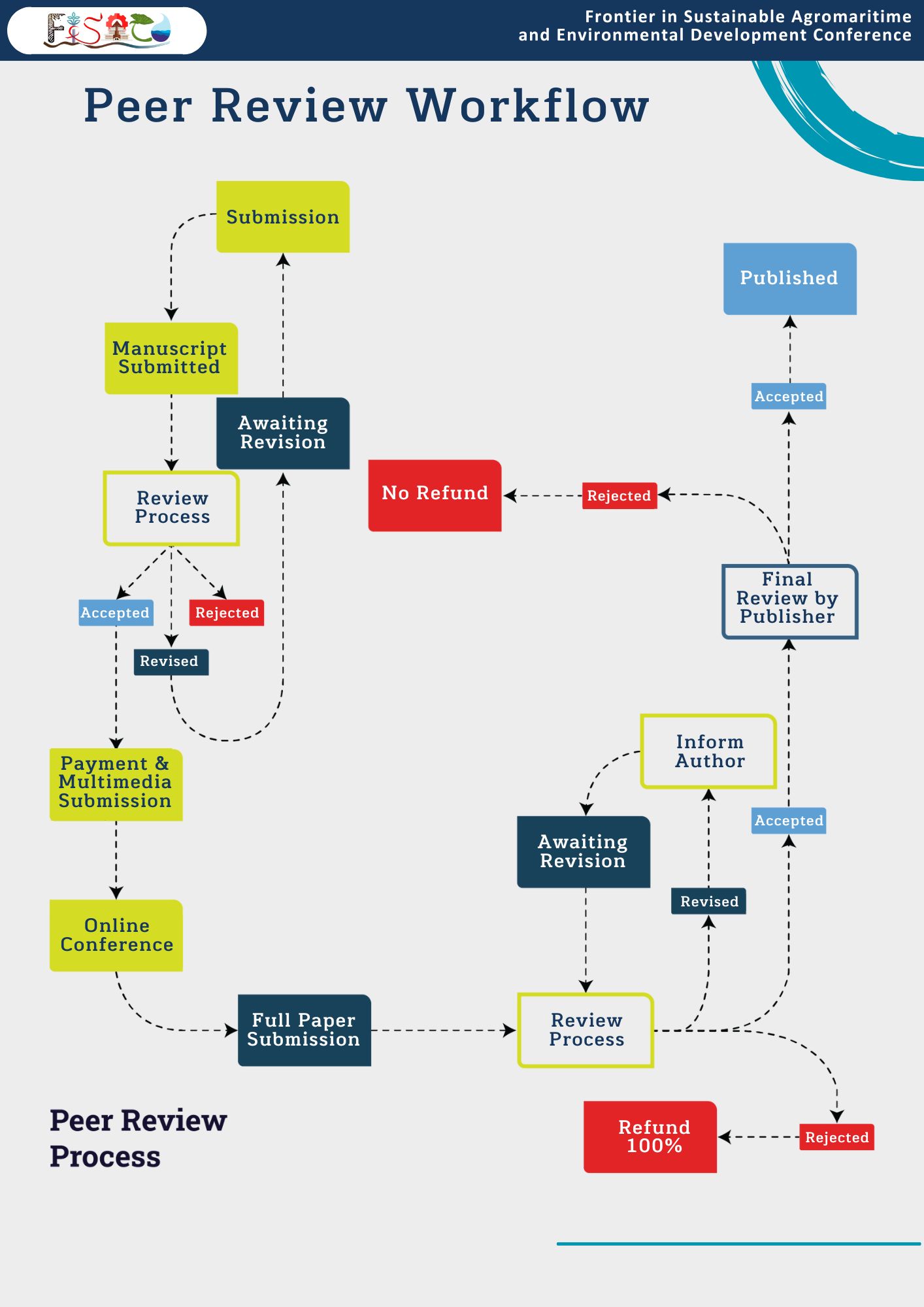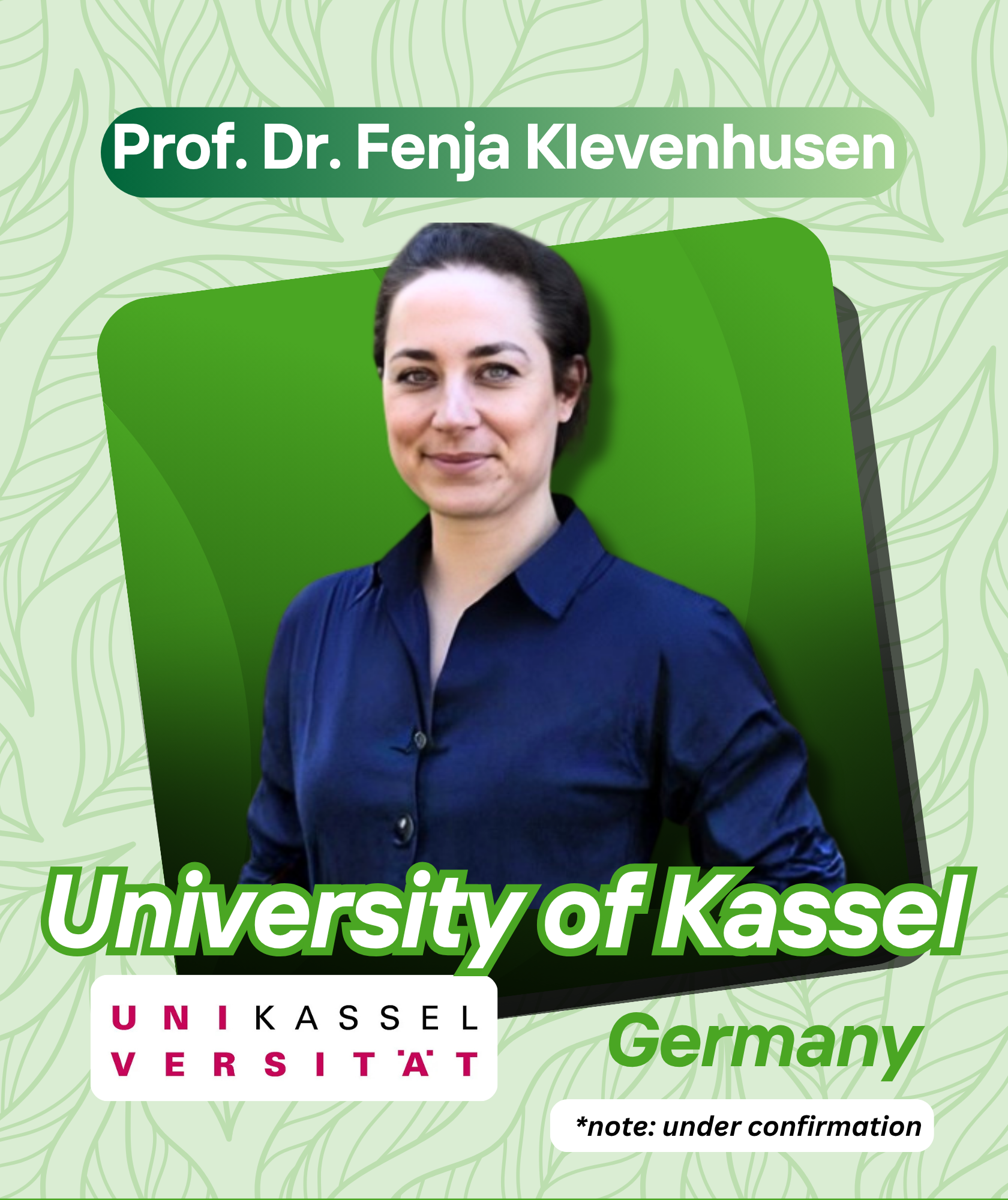Peer Review Process

The peer review process is a structured and rigorous journey that every manuscript must undergo before reaching publication. It begins with the initial submission stage, where the manuscript is evaluated by reviewers based on its quality, originality, and adherence to academic standards. If the manuscript meets these standards, it proceeds to the Payment and Multimedia Submission stage, securing its place in the upcoming online conference—a vital platform for scholarly exchange. However, if reviewers identify areas that require improvement, the manuscript enters the Awaiting Revision stage, providing authors with the opportunity to refine their work based on constructive feedback. This stage serves as an important chance for authors to enhance the accuracy and impact of their research before resubmission. Unfortunately, if the manuscript fails to meet the required criteria and is directly rejected, the process concludes without a refund, reflecting the high standards maintained throughout the review process.
Following a successful presentation at the online conference, authors are required to submit their full paper for a second round of review to ensure that the extended version meets the expectations of the academic community. This review stage is conducted through a single-blind review by experts in the relevant field. If the full submission is rejected, the authors receive a full refund as a form of acknowledgment for their effort, maintaining transparency and fairness in the process. Accepted manuscripts then proceed to the final review stage conducted by the publisher, where they undergo a thorough final evaluation to ensure alignment with publication quality standards. If approved, the manuscript is published, marking the completion of a meticulous journey from submission to publication. However, rejection at this final stage does not include a refund, underscoring the rigorous scrutiny applied at every step. This process, through its cycles of review, revision, and re-evaluation, serves as a safeguard to uphold the integrity, accuracy, and scholarly contribution of all published research.












